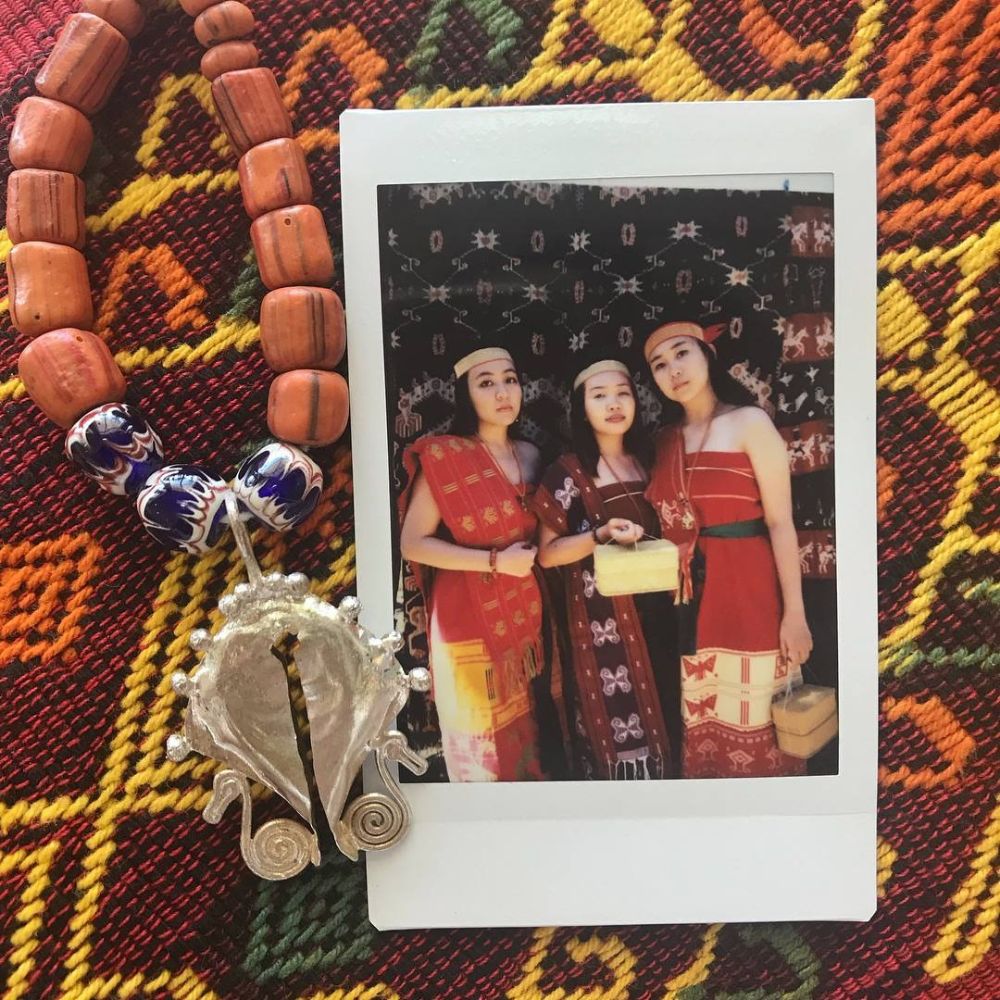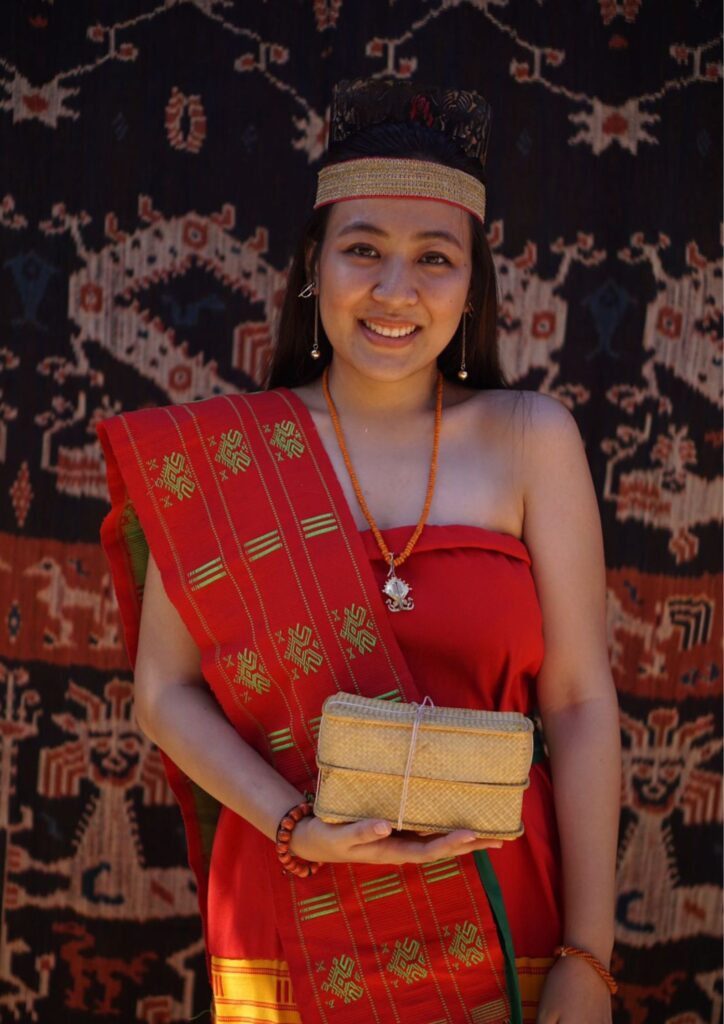Uncategorized
Women as a Giver of Life
Women are widely valued in Sumbanese society, not only because they play such an important part in reproduction, but also because they work as hard as males. Sumbanese women take part in taking care of rice fields, cattle, and other tasks. Women are also considered as givers of life.
The Sumbanese have a rich cultural legacy of metal jewelry called Mamuli. Mamuli is a symbol of feminine honor. Because Mamuli signifies women, it is formed like female genitals. The majority of mamuli are made of gold or silver. Previously, Mamuli was utilized as an earring material, but it is now also seen on necklaces, brooches, and even house decorations.
Mamuli are also sacred jewels that are said to have magical powers. Mamuli will be buried alongside a Sumbanese woman if she dies, because Mamuli is her property. As time goes by and tourism developments in Sumba, Mamuli can be bought and owned by anyone.

In traditional Sumba marriages, mamuli is used as a belis (dowry). When a Sumbanese man wishes to propose to a Sumbanese woman, he will give Mamuli to the bride’s mother as exchange for all of the hard labor in breast-feeding, raising, and nurturing the lady he wants to marry. If the Mamuli is approved by the mother, the application is accepted. If the future son in law does not follow the mother’s desires, the application may be refused. This demonstrates how mamuli may be used to signify social standing.
Mamuli’s status as a belis exemplifies women’s pride. If her parents release her without a belis, she may lose her dignity and confidence. Belis is given as a gift to the future bride and has a significant social purpose.


